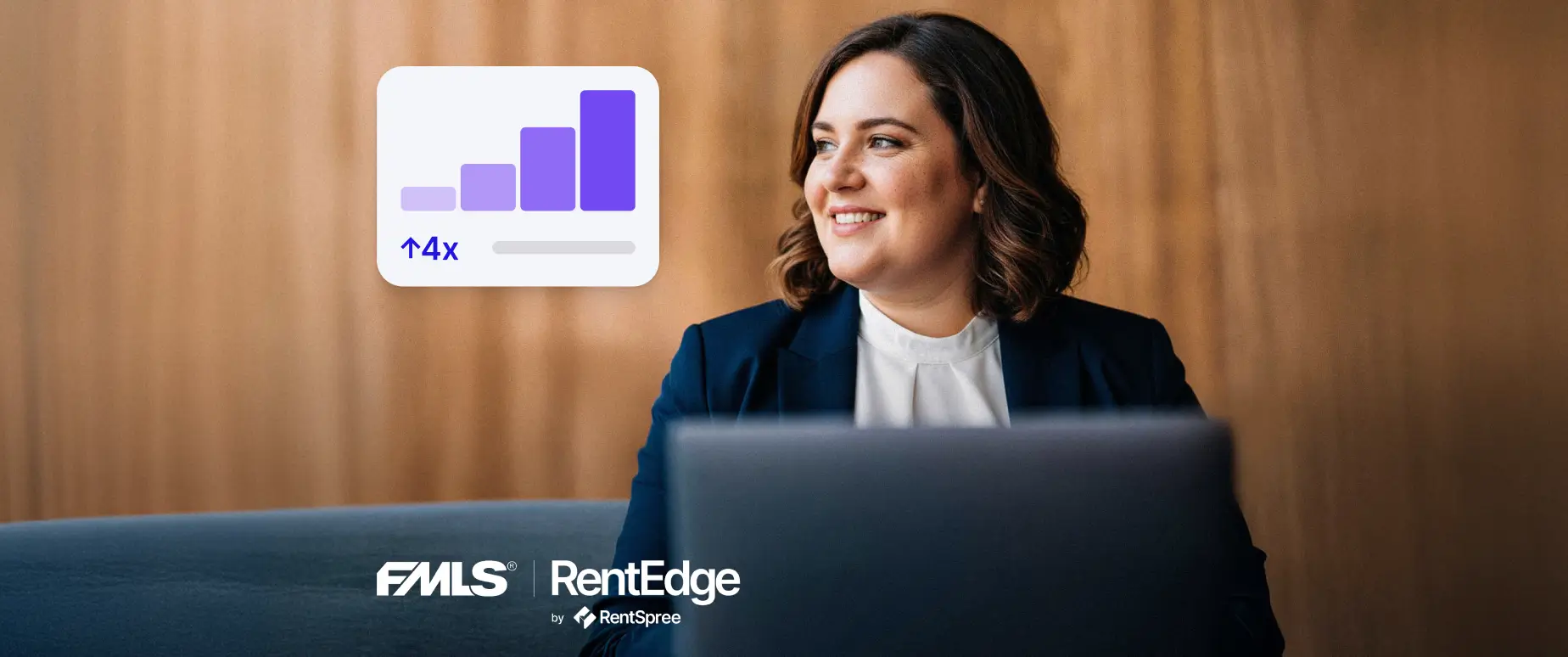As a real estate professional, your obligation under the Fair Credit Reporting Act does not end with the notification of your applicant’s approval or adverse action. Reinvestigation, disclosures, and disposal of consumer information is also part of your job. It is important for you to understand your role in each of these processes and in maintaining and communicating the information you’ve used to come to a decision in regard to each and every rental application.
[.blog-disclaimer-text]Disclaimer: This article is not legal advice. Legal information is not the same as legal advice, where an attorney applies the law to your specific circumstances. Consult an attorney for advice on your interpretation of this information or its accuracy. You may not rely on this article as legal advice, nor as an endorsement of any particular legal understanding.[.blog-disclaimer-text]
FCRA Reinvestigation
CRAs must respond to a dispute by:
- Making a good faith effort to determine the accuracy of the disputed item.
- Checking with original sources or other reliable sources.
- Conducting a reinvestigation that must be more than a “cursory investigation” of the reliability of information. It must be completed within 30 days.
- Considering any information provided by the consumer.
- Terminating the reinvestigation if the dispute is “frivolous or irrelevant.”
- “Promptly” deleting inaccurate information.
- Notifying the consumer of results.
- Noting on subsequent reports that the information is disputed unless it determines the dispute is “clearly frivolous.”
- Appending the disputed record at the time the investigation is closed. No notation is required if plaintiff is right.
FCRA Disclosures
Consumers have the right to make a request to see what is in their file. A file is all information maintained by the consumer reporting agency on the consumer. CRAs are required to provide consumers with all information in the file, identify the sources of information, identify each person who has obtained a copy of the report and provide a summary of rights under the FCRA.
Eliminate the tenant screening process headache
See How RentSpree Can Simplify The Process >>
FCRA Disposal of Consumer Information
Consumer reports are highly confidential and must be disposed of properly. CRAs must take reasonable measures to protect against unauthorized access to information. Reasonable measures to protect against unauthorized access to information include burning, pulverizing or shredding, destroying or erasing electronic data, or contracting with records disposal companies.
Continue to What is a Consumer Report?, or jump to a different article.
- Fundamentals of The Fair Credit Reporting Act (FCRA)
- Industry Players Under FCRA
- Accuracy and Reasonable Procedures
- FCRA Permissible Purpose
- Adverse Action Notification
- Reinvestigation, Disclosures, Disposal of Consumer Information
- What is a Consumer Report?
- A summary of consumer rights under FCRA
- FCRA Litigation
- State Versions of FCRA and FCRA California
Screen and lease with confidence
Find qualified tenants faster than ever with results you can trust.


Related posts
Want to make rentals easier to manage?
Save time on marketing, screening, and payments. Join over 2 million agents, landlords, and renters using RentSpree.





.jpg)

